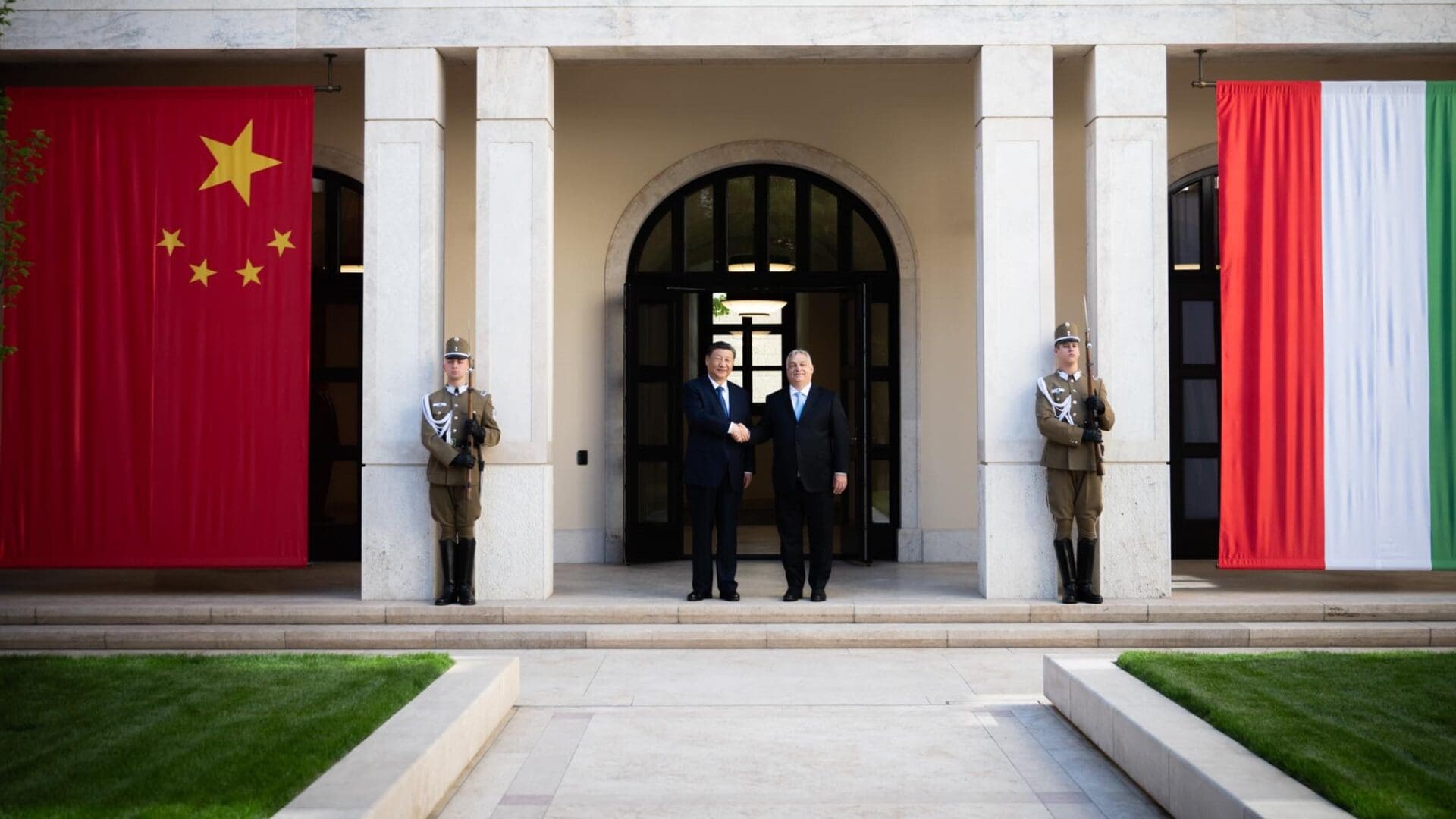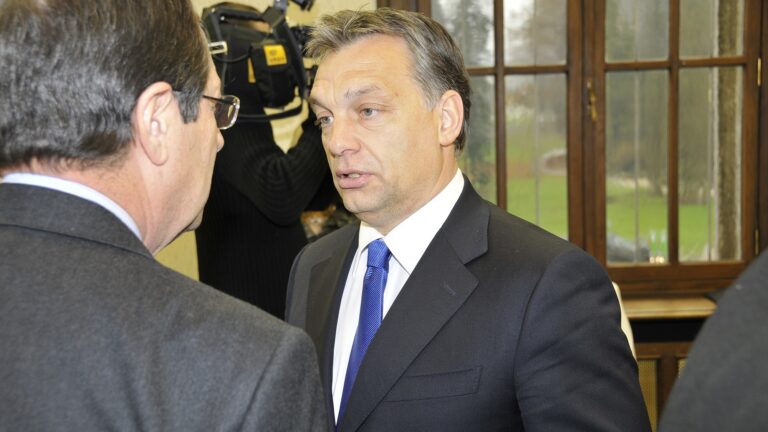‘China and Hungary have never supported war, because we believe that war brings adversity to people. Therefore, peace, harmony, and cooperation are far superior. We hope that China will play an important peacemaker role in the future,’ Hungarian Prime Minister Viktor Orbán said in an interview with Chinese state television CCTV. The interview was prompted by the visit of Chinese President Xi Jinping to Hungary last week, during which eighteen significant agreements were signed between the parties.
PM Orbán stressed that the relationship between Hungary and China needed to be elevated to a new, higher level, which made the visit of Chinese President Xi Jinping to Budapest indispensable. The prime minister highlighted China’s dominant role in several economic sectors, including electromobility, IT, and railway development. He specifically mentioned the Budapest–Belgrade railway line, expected to be completed by 2026 as part of the Belt and Road Initiative (BRI).
Orbán noted that the Chinese economy offers vast opportunities for other nations.
Xi Jinping’s visit to Hungary marked the 75th anniversary of the establishment of diplomatic relations between the two countries. PM Orbán noted that Hungary was among the first countries to establish diplomatic ties with China. ‘We do not see China as a threat, but rather as friends,’ he stated. Reflecting on the past 75 years, the Prime Minister mentioned that there had been no serious confrontations between the two nations. He highlighted that Budapest has consistently devoted considerable energy to expanding its relations with China. Orbán also pointed out that cooperation and strong ties are always preferable to disunity and isolation.
Regarding the transformation of the international order, the Prime Minister outlined two prevailing global viewpoints: one views international interactions as risks, advocating for isolation; the other promotes seeing each other as opportunities, arguing that peace, harmony, and prosperity are best achieved through cooperation. He cited the Belt and Road Initiative (BRI) and Hungary’s policy of opening up to the East as positive examples of this cooperative approach. Orbán noted that the traditional transatlantic hegemony, which has long dominated and controlled the international order, is waning. He emphasized that a crucial question now Western countries are facing is how they perceive those actors challenging the established power centre.
From 1 July, following the European Parliament elections, Hungary will assume the rotating presidency of the Council of Europe, significantly enhancing its influence on EU policies. This role will also enable Hungary to shape the development of the EU’s relationship with China over the ensuing six months. ‘During this presidency,
my job will be to improve China–EU trade relations
and stop any attempts that try to limit and push back the quantity and quality of this relationship. It will be a complicated issue, but I have some good partners,’ PM Orbán concluded.
Watch the full interview below:
ENG)欢迎习主席来家里!专访匈牙利总理欧尔班:世界需要习近平这样为人民服务、强有力的领导人,中国越强大对世界越有利/Exclusive interview/ Hungarian PM Orban
应匈牙利总统舒尤克和总理欧尔班邀请,中国国家主席习近平对匈牙利进行首次国事访问。欧尔班总理在接受总台《高端访谈》专访时,他高度评价了中匈关系,并且表达了对中匈合作的期待以及对共建"一带一路"倡议的支持。 At the invitation of Hungarian President Šuyuk and Prime Minister Orban, Chinese President Xi Jinping paid his first state visit to Hungary. In an exclusive interview with CCTV's "High-end Interviews", Prime Minister Orban spoke highly of China-Hungary relations and expressed his expectations for China-Hungary cooperation and support for the joint construction of the "Belt and Road" initiative.
Read more on Xi Jinping’s visit to Hungary:








